Effects of Sleep and Recovery on Muscle Growth
Muscle growth is a complex process that involves a combination of factors, including proper nutrition, exercise and recovery. While many people focus on their diet and workout routines, they often overlook the importance of sleep and recovery for muscle growth. Sleep and recovery are actually critical for muscle growth and neglecting them could result in slow progress or even injury.
Sleep is essential for muscle growth because it is during sleep that the body repairs and rebuilds tissue, including muscle tissue. During exercise, your muscle fibres undergo microscopic damage which in turn triggers the body’s repair and rebuilding processes. This is essential as it allows the body to repair and rebuild muscle fibres that have been damaged during exercise, resulting in muscle growth for stronger and larger muscles.
Sleep is critical during the repair and rebuilding process because it provides the body with the time and resources needed to complete them. A growth hormone is released during sleep which plays a crucial role in muscle growth. It stimulates the growth and repair of tissues, including muscle tissue, by increasing the process by which the body builds new proteins and repairs damaged tissues, otherwise known as protein synthesis.
Research has shown that sleep deprivation can significantly impact muscle growth. Studies have found that lack of sleep can result in a reduction in the rate of production of growth hormone, impair glucose metabolism and increase levels of stress hormone cortisol which can lead to a muscle breakdown. Eventually resulting in a decrease in muscle mass and an increase in body fat.
To prevent muscle mass reduction and optimize muscle growth, it is essential to ensure you get enough sleep. The National Sleep Foundation recommends that adults should get between 7-9 hours of sleep each night. However, the quality of sleep is just as important as the quantity. Quality sleep encompasses several factors including sufficient duration, uninterrupted sleep, rapid sleep onset, good sleep efficiency and a regular sleep pattern. To ensure that you’re getting quality sleep, try to establish a consistent sleep schedule, avoid caffeine and alcohol before bed and also create a comfortable sleeping environment by keeping your bedroom cool, dark and quiet.
Coupled with sleep, recovery is also a critical factor in fuelling muscle growth. The body needs the time to rest and recover after a workout in order to effectively rebuild new muscle tissue. Research has shown that the recovery period is just as important as the workout when it comes to stimulating muscle growth. A study found that muscle protein synthesis, the process where the body builds new muscle tissue, is highest in the first 24-48 hours after a workout. If the body isn’t given enough time to recover properly, it may impair the muscle protein synthesis and in turn slow down the rate of muscle growth.
There are several strategies that can be used to optimise and promote muscle growth and recovery. One of the most effective strategies is to incorporate rest days into your workout schedules. Rest days allow your body to recover and repair as it is important to listen to your body and avoid overtraining, which may lead to injury and slow down progress.
Another important strategy for muscle growth is consuming a well balanced diet because once the workout is complete, it is crucial that you fuel your body to repair and rebuild larger and stronger muscles. Eating a well balanced diet that includes different types of protein and carbohydrates within 30 minutes to an hour after a workout can help promote muscle recovery and growth.
Stretching and foam rolling at the end of a workout can also be effective strategies to promote recovery and reduce muscle soreness. Stretching can help to improve your flexibility and range of motion, while foam rolling can help to release tension and promote blood flow to the muscles.
Overall, sleep and recovery are critical for muscle growth and should be taken just as seriously as the workout itself. Sleep and recovery work in conjunction whereby sleep allows the body to repair and rebuild muscle tissue and recovery gives the body the time to rest and repair after a workout. Neglecting sleep and recovery could result in slower progress and/or injury. To make the most of your workout and optimize muscle growth, it is important to get enough sleep, establish a consistent sleep schedule, incorporate rest days into your routine, eat a balanced meal after a workout and use strategies like stretching and foam rolling to enhance muscle recovery.
By making a conscious decision to prioritize sleep and recovery, you will be able to maximise your muscle growth and achieve your fitness goals.


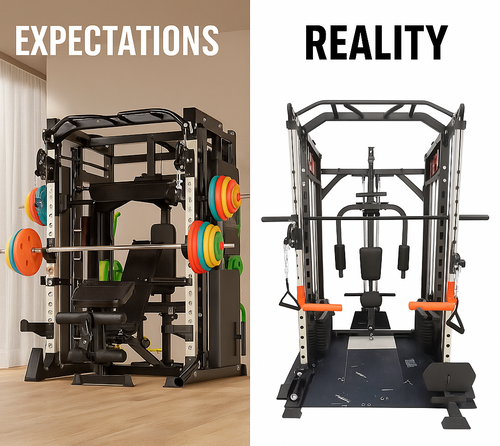

















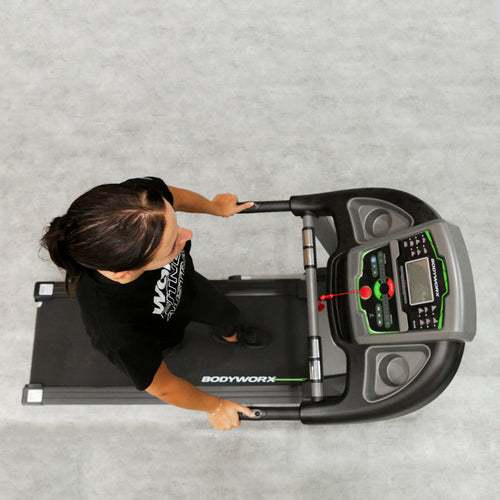




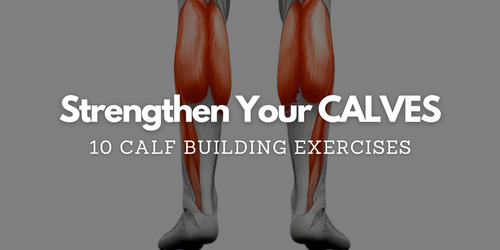

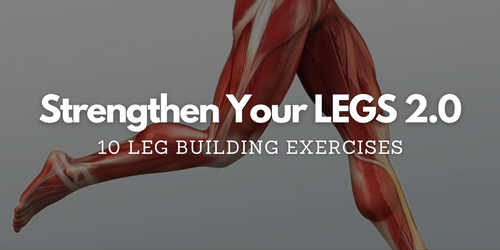





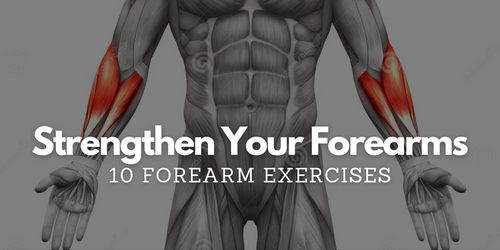

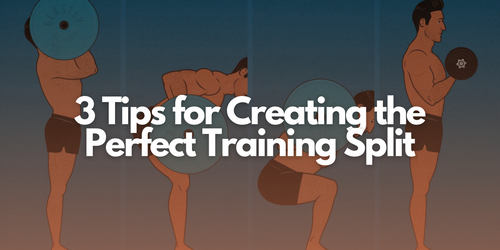






Leave a comment